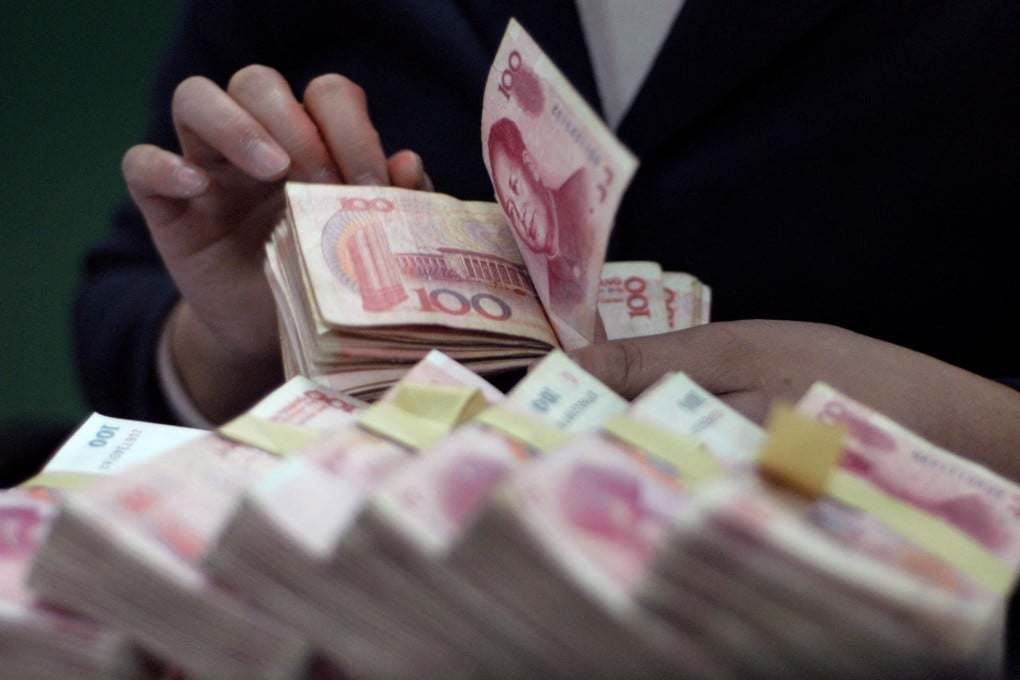Macroscope | Investor confidence in China’s yuan and financial markets hangs on stability
- China’s strong economic fundamentals are a big plus in its push for renminbi internationalisation. The trick lies in liberalising its financial markets at just the right pace, without exposing them to too much risk

The challenge is how to break into the big time and take on the euro’s share at 20 per cent of the market, let alone challenge the US dollar’s dominance with a 58 per cent market share. Beijing still has some way to go to fully internationalise its currency, opening up its markets to all-comers and building global confidence in China as a safe enclave for investors.
The dilemma is opening up China’s financial markets without exposing the renminbi to too much implicit risk in the process.
Yet, in the past 10 years, China’s official currency reserves have fallen from a peak of about US$4 trillion in 2014 down to just over US$3 trillion at present.
Beijing’s understandable concern is that by opening up its capital markets at too rapid a pace, it might spark an outflow of hot money, adding a further drain on reserves in the process. It might be the price of increased internationalisation for the currency, so the challenge is finding an appropriate balance that promotes financial stability.

